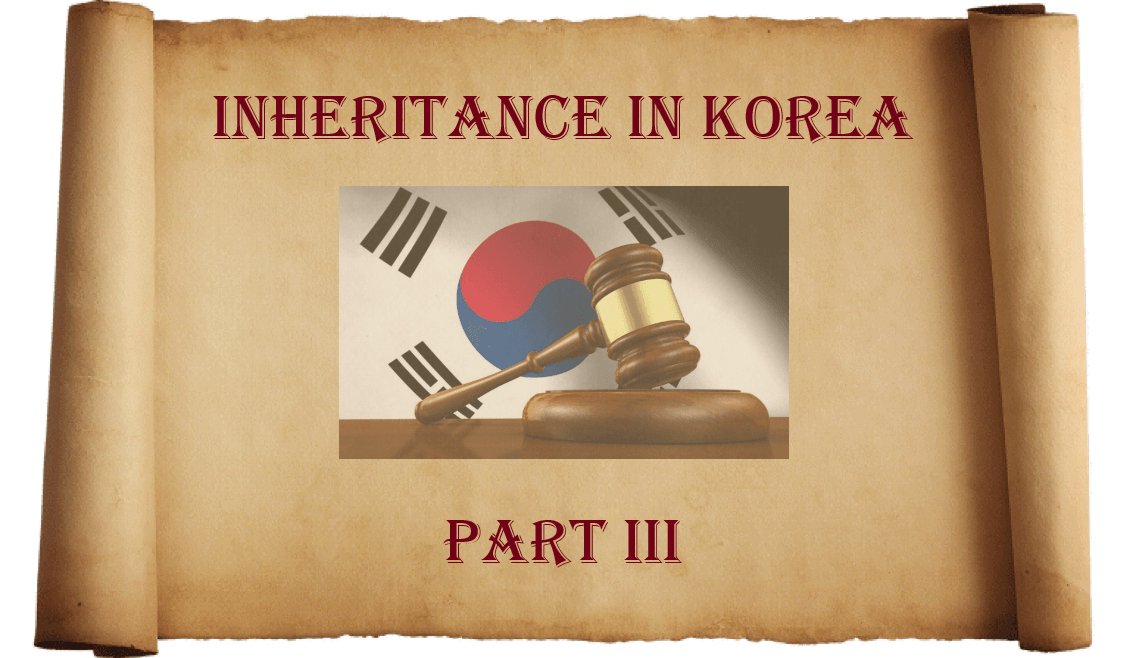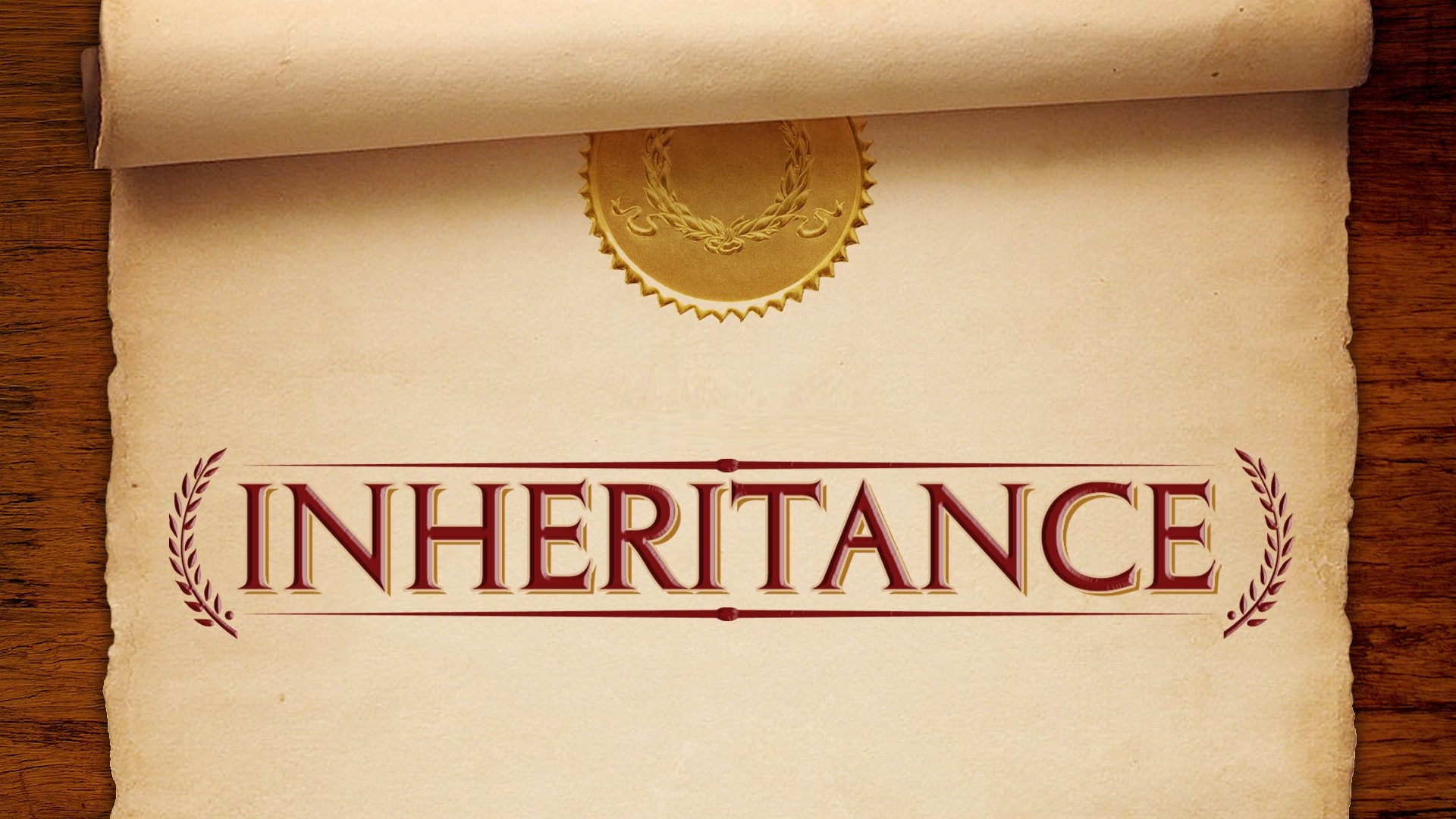Division of Inheritance in Korea
Understanding Property Division Under South Korean Inheritance Law: A Practical Guide
The legal experts at Pureum Law Office (PLO) are here to help with any issues or guidance you need with the Division of Property in the Republic of Korea. For example, when a person passes away in South Korea, their estate is divided according to specific legal guidelines. Let’s explore this through a concrete example: Mike leaves behind an estate valued at USD 700,000, with potential heirs including his mother Jessie, spouse Rose, and children Hope and Wish.
Under Korean inheritance law, Rose (spouse), Hope, and Wish (children) are classified as first-order heirs. The estate would be distributed as follows: Rose receives USD 300,000, while Hope and Wish each inherit USD 200,000. Note that Jessie, as a parent, does not inherit in this scenario since there are first-order heirs.
If the inheritance consists of liquid assets like cash, the distribution is straightforward – each heir simply receives their designated share. However, this raises an important practical question: What happens when the primary asset is indivisible property, such as an apartment? How can heirs realize their inheritance rights when the asset cannot be physically divided?
Korean Civil Law articles 1000, 1001, 1003 and 1009
As for division of inheritance in South Korea, this is detailed by Korean Civil Law:
Article 1012 (Determination of Method Division or Forbidding Division by Will)
An inheritee may by will determine the method of division of the inherited property, entrust a third person with such determination, or forbid division for a period not exceeding five years from the time of the commencement of the inheritance.
Article 1013 (Division by Agreement) (1) Except as mentioned in Article 1012, co-inheritors may, at any time, effect the division of the inherited property by their agreement.
(2) The provisions of Article 269 shall apply mutatis mutandis to the division of the inherited property mentioned in paragraph (1).
Article 269 (Methods of Partition) (1) If, with regard to the methods of partition, no agreement can be reached among the co-owners, any co-owner may file an application for partition with a court.
(2) If partition of the property itself cannot be effected, or if there is an apprehension that the property may considerably depreciate in value as a result of partition, the court may order a sale thereof by official auction.
Article 1015 (Retroactive Effect of Division)
Division of an inherited property shall be effective retroactively from the time of the commencement of the inheritance: Provided, That the rights of third persons shall not be prejudiced thereby.

Property Division Options Under Korean Inheritance Law
The law provides several avenues for handling property division. The deceased (in our example, Mike) could have specified the division method in his will, designated a third party to manage the process, or even placed a temporary hold on division for up to 5 years.
In the absence of a will specifying property division, Article 1013 of the Civil Act allows heirs to reach a mutual agreement. For instance, Hope and Wish could voluntarily transfer their shares to Rose, consolidating ownership of the inherited property under their mother.
However, complications arise if heirs cannot reach an agreement or if someone fails to honor the agreed terms. Consider a scenario where Wish initially agrees to transfer her 2/7 share to Rose but later reconsiders. In such cases, Rose can seek legal intervention by filing for property division under Article 1013(2) and Article 269 of the Civil Act.
Importantly, the division of inherited property has retroactive effect from the time of death. This means that if Rose, Hope, and Wish agree to transfer the property to Rose’s name through a division agreement, legally it’s treated as if Rose had inherited the entire property at the moment of Mike’s passing.
Answers to Question on South Korea Inheritance
If you have any questions regarding division of inheritance in Korea, please contact us, or go to our Practice Area for help with Korean Inheritance Tax.




